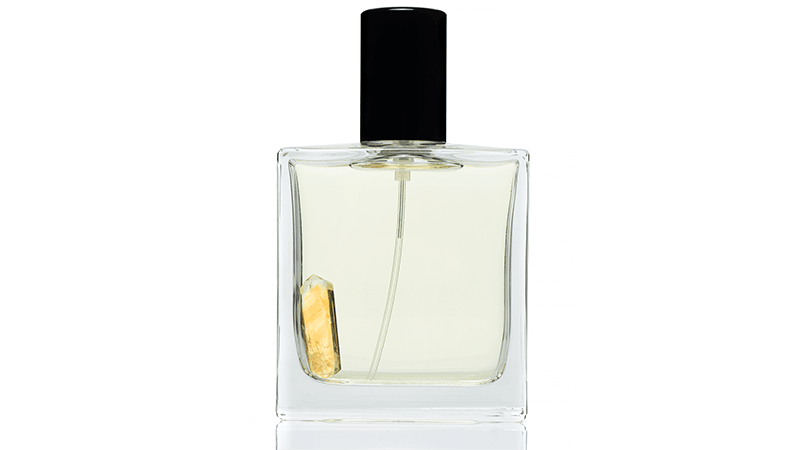Is Relearning To Play The Key To Happiness?
What comes to mind when you think of play? Daydreaming, crafting, crosswords; puzzles, nature walks, parties? Dr Jacqueline Harding, author of The Brain That Loves To Play, describes it as: “The random and unexpected which leads us to wallow in the moment.” Dr Stuart Brown, a leading play researcher, points to play as a biological state, in which the person loses a sense of time and the act itself brings pleasure and meaning.
It’s sad, then, that most adults can’t recall the last time they ‘played’. And rather than assume we naturally grow out of it as we get older, know that you learn not to do it. “The truth is that society doesn’t place value on it,” explains Dr Harding. “We value productivity and academic success and ‘good behaviour’, so play gets deprioritised and forgotten. You’re taught to make time for everything else, everyone else, despite play being an innate and integral part of survival.”
Indeed, experts posit that not only is play critical for building and maintaining successful civilisations, but it’s also key to living a long, happy and healthy life. “When we’re immersed in something enjoyable of our own choosing, neuroscience research shows that metaphorically speaking the brain lights up,” explains Dr Harding. “The release of chemicals [hormones], such as endorphins, dopamine, serotonin, and oxytocin – the natural moderators of the body’s stress response – are triggered, which help induce calm, decrease anxiety and boost positive mood.”
More From Service95
Essentially, play is a proven antidote to modern stress and can even alleviate a decline in emotional wellbeing. “We’ve also seen evidence that it has a massive impact on neurogenesis, the ability to generate new brain cells throughout life,” adds Dr Harding. “So by engaging in play, you’re improving memory, building emotional regulation and getting better at problem-solving and navigating life’s ups and downs. As George Bernard Shaw said, ‘We don’t stop playing because we grow old, we grow old because we stop playing.’”
Unsurprisingly, it can inject happiness into your relationships, too. “When you play with others, your bodies and brains synchronise; you breathe together, your cortisol reduces, you connect,” explains Dr Harding. Dr Brown agrees: “The formation of a social unit which is cohesive, cooperative and altruistic is dependent on the exchange of good play signals.”
When you put it like that, why wouldn’t you?
Power Play: 5 Ways To Spark Joy Every Day
1. Mine Your Play History… To find what play might mean for you now, remember what evoked joy and pleasure in you as a child. What activities did you enjoy so much that you lost sense of time and place? That’s a great starting point.
2. Start Small… Yes, life is busy and responsibilities weigh heavy, but prioritise play. Even if all you feel you have is a pocket of 10 minutes, take it. Do something immersive and pleasurable. It is different for everyone, but dancing, reading fiction, building puzzles or Lego, or simply staring out of the window daydreaming are just a few examples.
3. Look To Others… Play doesn’t have to be solo. If you know someone particularly playful, be it an adult or child, seek out their company. Join them in their play state so you can synchronise to both experience the biological benefit and also learn how good it feels.
4. If In Doubt, Laugh… One of the simplest ways to get the benefits of play is to seek out opportunities to laugh. Search for comedy shows on Netflix, spend time with children who love to be silly, save your favourite funny meme to your phone.
5. Give Yourself Permission… If the concept of meeting your own needs or taking time for yourself feels completely alien, Find Your Unicorn Space by Eve Rodsky is a great read to discover what really makes you tick so you can intentionally prioritise it without guilt or shame.
Victoria Joy is a qualified life coach and former magazine editor





